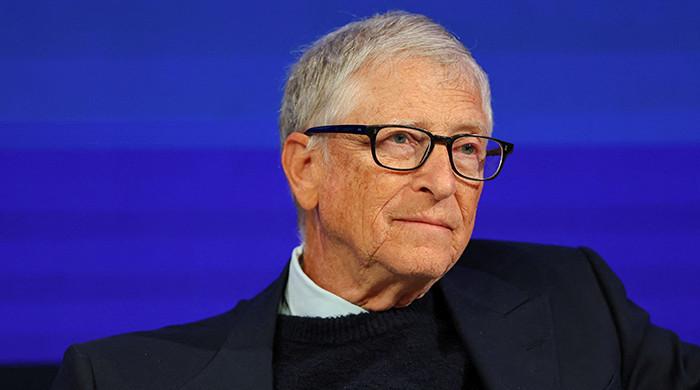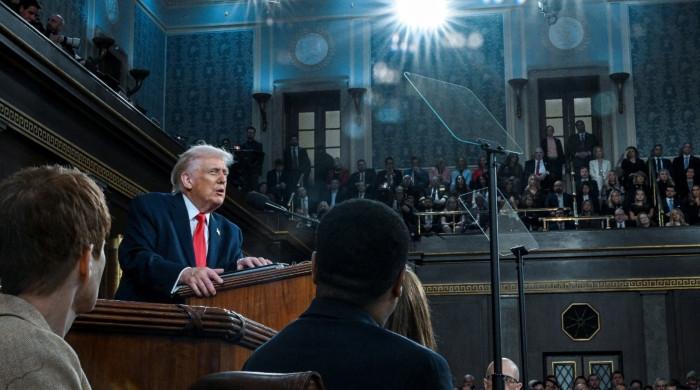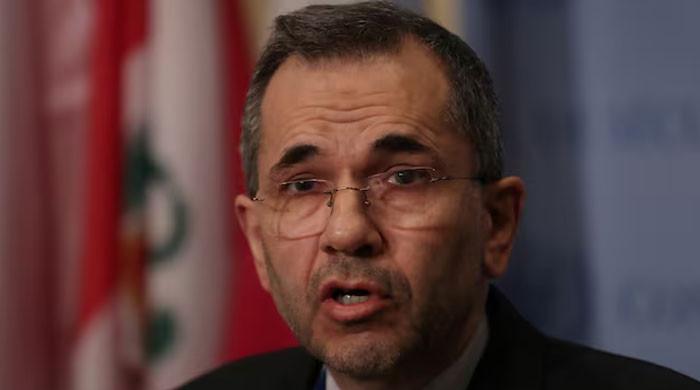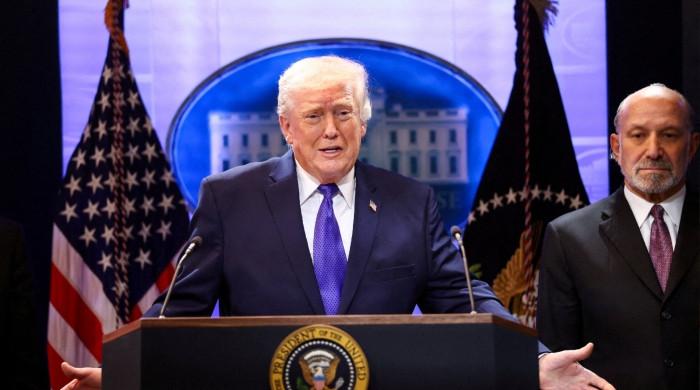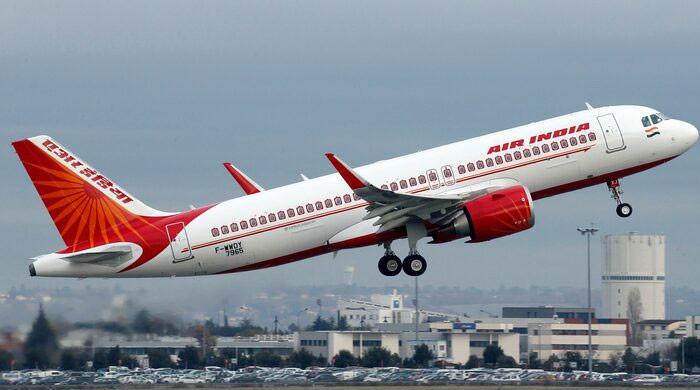Coronavirus crisis hits another grim landmark with 4 million cases globally
United States has been the hardest-hit country, with 1,305,544 cases and 78,618 deaths from COVID-19
May 10, 2020

PARIS: The coronavirus pandemic has affected over four million people worldwide, according to a tally based on official sources.
There are now at least 4,001,437 cases of coronavirus around the world, with 277,127 deaths.
The United States has been the hardest-hit country, with 1,305,544 cases and 78,618 deaths. Europe is the hardest-hit continent, with 1,708,648 cases and 155,074 deaths.
The AFP tally, using data collected from national authorities and information from the World Health Organisation (WHO), probably reflects only a fraction of the true number of infections. Many countries are testing only the most serious cases.
Lockdowns and economic disruption, meanwhile, have pushed millions into unemployment in a historic global downturn.
Amid the barrage of deaths, some European countries cited signs of progress they said justified taking slow steps back toward some version of normality.
Read also: Thousands of people line up for free food in Geneva during COVID-19 crisis
French officials on Saturday said the day’s death toll of 80 was the lowest since early April. Nursing home fatalities also fell sharply as France prepared to relax curbs on public movement imposed eight weeks ago.
The easing, to begin Monday, has brought mixed reactions.
"I’ve been scared to death" about the reopening, said Maya Flandin, a bookshop manager from Lyon. "It’s a big responsibility to have to protect my staff and my customers."
French health officials warned that "the epidemic remains active and is evolving", and a state of emergency was extended to July 10.
In Spain, about half the population will be allowed out on Monday for limited socialisation, and restaurants will be able to offer some outdoor service as the country begins a phased transition set to last through June.
Fears lingered, however, of a viral resurgence if restrictions are lifted too quickly, and authorities excluded Madrid and Barcelona, two COVID-19 hotspots, from the first-phase easing.
"The virus has not gone away," Prime Minister Pedro Sanchez warned.
Belgium is easing some restrictions on Monday, and in some parts of Germany bars and restaurants reopened on Saturday with further easing set for Monday.
One district in Germany’s western North Rhine-Westphalia state remained locked down, however, after an outbreak at a slaughterhouse.
Overall, the situation in Europe was still far from normal.
Britain is reportedly planning to announce on Sunday that all overseas visitors will face a mandatory two-week quarantine, and the European Union warned against opening borders to travellers from outside the bloc.
Read also: China admits coronavirus exposed 'shortcomings' in healthcare system
Across Europe, commemorations marking 75 years since Nazi Germany’s surrender were cancelled or scaled down.
In Russia, a soaring number of coronavirus infections forced Moscow on Saturday to pare back traditionally rousing World War II victory celebrations. President Vladimir Putin instead gave a solemn speech at a memorial outside the Kremlin walls, without mentioning the coronavirus.
Russia is now the fifth hardest-hit country, with nearly 200,000 confirmed infections and a rapidly rising caseload.
‘Phenomenal’ recovery?
Global economic figures are pointing to the most acute downturn in nearly a century as the pandemic forced businesses to shutter and badly disrupted supply lines.
Trump, facing re-election in November, has insisted next year would be "phenomenal" for the US economy, urging reopening in a country where the coronavirus continues to claim well more than 1,000 lives daily.
The United States alone lost an unprecedented 20.5 million jobs in April, driving the unemployment rate to 14.7% — the highest level since the Great Depression of the last century.
A leaked audio emerged in which former president Obama launched a scathing attack on Trump’s handling of the crisis.
In the recording, first obtained by Yahoo News, Obama urges former staffers to rally behind his former vice president, Joe Biden, who is preparing to take on Trump in the November election.
The US response to the crisis, Obama said, "would have been bad even with the best of governments. It has been an absolute chaotic disaster" under the current administration.
‘Fear in my heart’
In Pakistan, the world’s fifth most-populous country, the government eased the lockdown on Saturday and locals streamed into markets and shops, despite still-high infection rates.
"We are happy with this decision, but at the same time I have a fear in my heart that if this disease spreads it could be devastating," said Tehmina Sattar, shopping with her sister and sons in Rawalpindi.
Meanwhile Brazil, the country hardest-hit by coronavirus in Latin America, passed the milestone of 10,000 deaths on Saturday. It has now recorded 10,627 deaths and 155,939 infections, the Ministry of Health said.
With its auto manufacturing industry idle and other economic indicators in the red, a government minister warned this week the country faced "economic collapse" if lockdowns continue.
Dire data from many countries has further dampened the already grim global outlook, with the International Monetary Fund (IMF) saying it had been too optimistic when it predicted the world economy would contract by three percent this year.
"Incoming economic data for many countries is below our already pessimistic assessment for 2020," said IMF chief Kristalina Georgieva, whose organisation is fielding dozens of requests for emergency loans.
US-China feud
The virus has prompted widespread soul-searching. China, facing intense criticism over its handling of the crisis, was the latest to admit to an inadequate response.
"The novel coronavirus outbreak was a big test that revealed China still has shortcomings in its major epidemic prevention and control system (and) public health systems," Li Bin, deputy director of the National Health Commission, said Saturday.
The Trump administration has repeatedly criticised China for being secretive when the virus first emerged in the city of Wuhan late last year.
The feud spread to the UN Security Council on Friday, where the US — reportedly out of frustration with China and the World Health Organisation — prevented a vote on a resolution calling for a ceasefire in various conflicts to allow officials to focus on the pandemic.




